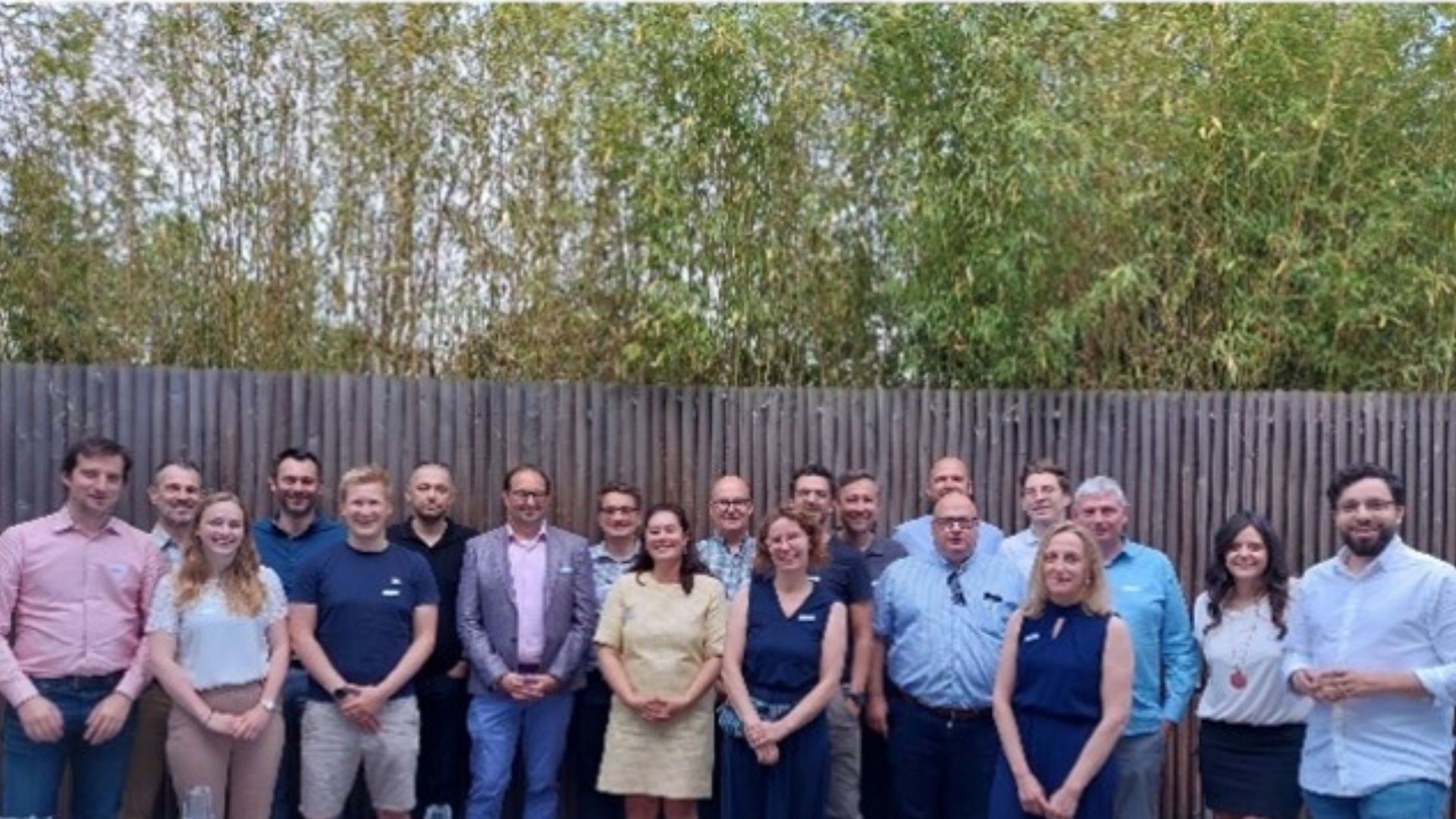In an open innovation context characterised by the multiplication of Quadruple Helix interactions, supporting knowledge transfer means moving beyond the technology-push model of unidirectional transfer of knowledge from academia to society. To this end, KT professionals must embrace the broader concept of “valorisation” which is defined as “using knowledge from innovative research for the benefit of the economy and society in order to create (social) impact”. Thus, an important question for KT professionals is “What are the needs of companies, citizens and other stakeholders, and how can our insights contribute towards making solutions available?”.
Together with partners in the European University the University of Antwerpn is developing and implementing a flipped knowledge transfer model across the YUFE alliance. This objective stems from the initial assessment that generally speaking, KT professionals need to develop a more outside-in or demand-driven approach to gain insights into the needs of other stakeholders from the Quadruple Helix, in order to pave the way for effective valorisation. Another way to describe this demand-driven model of knowledge transfer is the so-called “Flipped approach“.
A first concept note already defined the seven core dimensions of Flipped Knowledge Transfer: demand-driven (outside-in), solution-oriented, involvement of societal & business actors (SBAs) during the co-creation process, bi-directionality of the transfer process, multi-, inter- and transdisciplinary, focus on value creation and impact, involvement of both tech and non-tech innovation (e.g. social innovation).
The role of knowledge transfer professionals in university knowledge transfer performance is the subject of extensive literature, which points out to the diversity of skills needed to effectively manage knowledge transfer interactions. Whilst technical skills such as knowledge of intellectual property law or technology-specific domain knowledge and expertise remain crucial resources, softer skills such as communication, networking, negotiation and commercial awareness are also fundamental to the proper functioning of a knowledge transfer office (KTO).
Such soft skills also refer to one’s ability to manage stress, mediate disputes, deal with difficult people, prioritisation skills or organisation and management skills. As boundary spanners operating under the conditions of market and technological uncertainties, KTOs must therefore leverage a wide array of competencies, which means that attracting and retaining qualified personnel is both crucial and challenging. In light of such challenges, implementing adequate support structures and incentives for intermediary human resources may thus contribute positively towards higher university knowledge transfer performance. The discussion of the competencies required for optimal knowledge transfer performance should therefore also consider the occupational conditions under which knowledge transfer professionals operate, as well as their career prospects.










